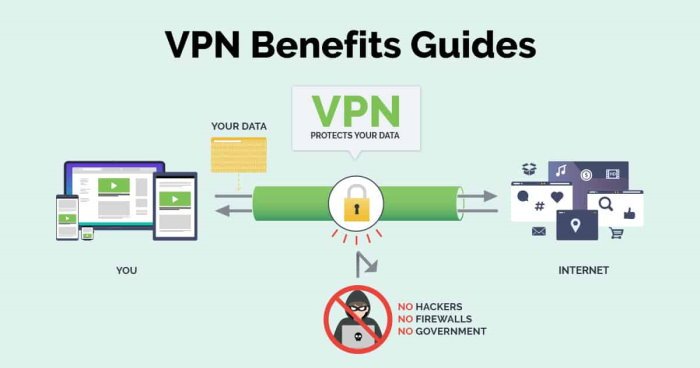With the world becoming more connected as the days go by, it makes a lot of sense for everyone to take advantage of VPNs. However, not all the options available on the market today are worthy of your time. We are going to explain why some VPNs should not be on your list, at least, not for a very long time to come.
How to choose a VPN

It is now time to use VPN software also for Security and Privacy! Knowing what makes for a bad VPN is imperative if you take privacy seriously. Making the wrong choice could see your information in the wrong hands.
- Country of operations
- Terms of Service
- Logging your activity
- Supported Devices
- Check if all preferred locations are supported
- Ensure moneyback guarantee
Let us look at this in more detail.
1] Country of operations
When selecting a VPN software, it is very important to take into consideration where the service is based. If the VPN provider is located in either the US, UK, Australia, New Zealand, Canada, or all, then think thrice. You see, all the countries mentioned above are a part of the Five Eyes treaty. There is also the Nine Eyes, which includes France, Norway, Denmark, The Netherlands, and the original Five Eyes.
To make matters worse, we now have the Fourteen Eyes treaty, which consists of Belgium, Italy, Germany, Spain, Sweden, and all members of the Nine Eyes.
2] Terms of Service
Before signing up for a VPN service, you must read the Terms of Service from the first word to the last. This is where they hide all the juicy details that may or may not affect your privacy. If the Terms of Service is not clear, then contact the provider directly to get a full understanding.
3] Logging your activity
A good VPN service provider does not log the activity of the user. If this is done, then it simply means someone could get to see what you’ve been up to on the web. Furthermore, your IP address is not locked away from prying eyes.
Logging means whatever you do on the web could be traced right back to you. Additionally, we should point out that some VPN providers claim they do not log activities, but do not take this at face value at all. For better knowledge, go on ahead and do what we recommend above by reading the Terms of Service, and calling them directly.
4] Supported devices
Before deciding on the VPN service to use, one must ensure it supports all the major platforms. Most support Windows, Mac, Android, Linux, and iOS, but there are others with limited support which is not good if you choose to switch platforms in the future.
Additionally, folks should check how many connected devices are supported before moving forward with payment.
5] Check if all preferred locations are supported
Traveling around the world is fun, but at the same time, we may end up traveling to a country with limited privacy laws. In this case, you will need to make sure the VPN service you want to invest in is capable of working properly in these countries.
For example, China is known for its draconian censorship laws, so the VPN service must perform well in that country.
Read: What is the difference between a Proxy and a VPN?
6] Ensure moneyback guarantee
Not every VPN provider works the same, so it makes sense to check if the service has a moneyback guarantee just in case it’s not up your alley. No one wants to fall in a situation where its nearly impossible to remove themselves from a contract if they hate the quality.
A good VPN will allow the user to walk out of a contract at a specific date with no strings attached. The money is returned, so the user is free to try another.
Read Next: Which VPN is the best to buy? VPN Comparison Chart.
Leave a Reply